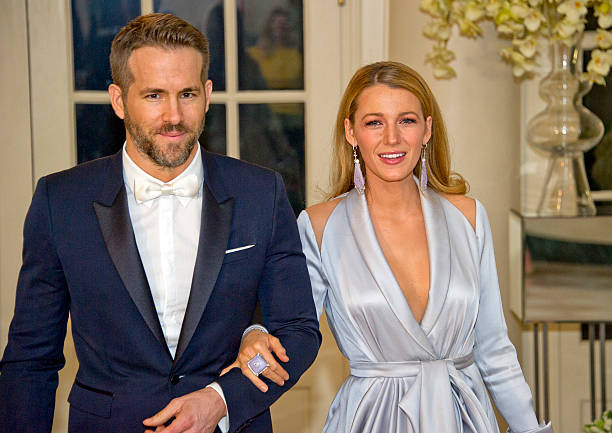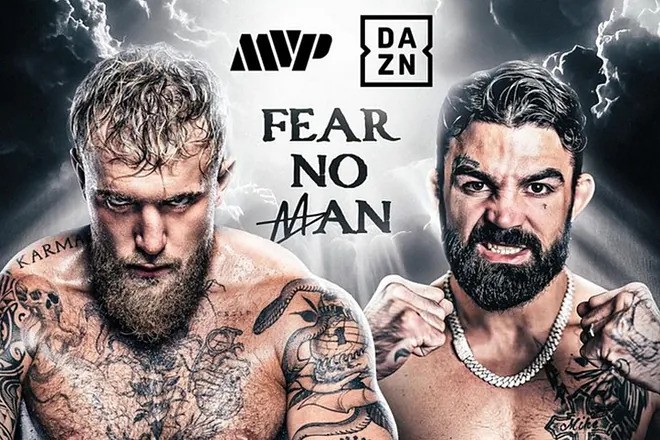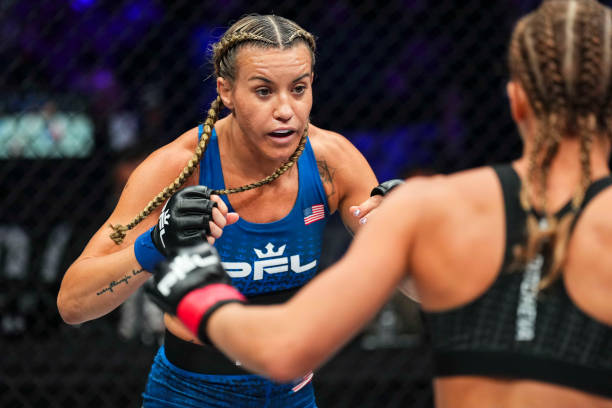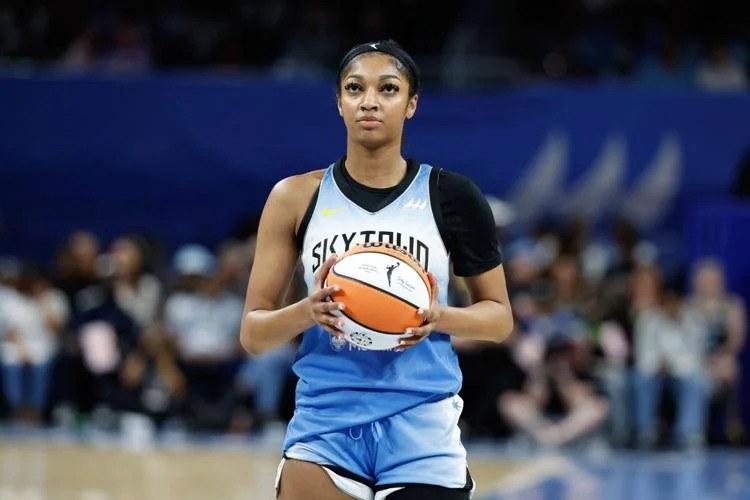The box office has witnessed a remarkable resurgence, as Sony and Wayfarer Studios’ cinematic adaptation of It Ends With Us shattered expectations by amassing an impressive $50 million in its debut weekend.
This outcome was far from predictable just weeks prior, with early projections capping the film’s potential at around $15 million. It wasn’t until the final days leading up to its release that it became apparent that this film, led by Blake Lively—both as star and producer—and directed by Justin Baldoni, would surge past $40 million. This trajectory is not entirely surprising, as films targeting female audiences often see their marketing crescendo in the days before release, sparking a fervent response from the fanbase.
Studio insiders note that young female viewers, who comprise a significant portion of the audience, frequently make spontaneous decisions to attend such films, often flocking to theaters in groups for a shared experience. Indeed, It Ends With Us captured the under-35 demographic at a rate of 68%, with women making up a substantial 84% of ticket purchasers. Data from Screen Engine/Comscore’s PostTrak indicates that a notable 60% of viewers purchased their tickets on the same day they watched the film.
While the adaptation of popular women’s literature into films is a well-trodden path, the success of It Ends With Us underscores the enduring appeal of this genre, particularly in the era post-Fifty Shades of Grey, where similar stories have primarily migrated to streaming platforms. This weekend’s success demonstrates that a well-timed convergence of star power, intellectual property, and strategic release dates can still draw a dedicated audience to theaters. Notably, 30% of viewers cited Lively as their primary reason for attending, with another 30% attributing their interest to the book’s subject matter.
Sony’s recent track record, which includes hits like Anyone But You starring Sydney Sweeney and Glen Powell, and the surprise success of Where the Crawdads Sing in the summer of 2022, has once again defied expectations, proving there’s still a hunger for traditional genres like romantic drama.
It Ends With Us explores heavy themes, notably domestic abuse, yet its success can be traced to Colleen Hoover’s fervent fanbase on BookTok, where the hashtag dedicated to her work has garnered over 2 billion views. The novel, originally published by Atria Books in August 2016, had already sold over 1 million copies by 2019. However, it saw a resurgence in popularity during the pandemic, becoming the best-selling print book in 2022 and maintaining a 135-week run on the New York Times Bestseller List by the end of 2023.
Wayfarer Studios secured the rights to adapt the novel, partnering with Sony in a co-financing deal. Baldoni and Lively collaborated closely with Hoover, who served as an executive producer, to bring the story to the screen.
It Ends With Us
Lively’s influence as both a producer and marketing strategist was pivotal in ensuring the film didn’t merely reduce to a melodramatic portrayal of domestic abuse. Baldoni even hinted in an interview with Entertainment Weekly that Lively might be ready to step into the director’s chair for a sequel, reflecting her deep involvement in every facet of the film’s production.
RELATED : ‘Deadpool & Wolverine’ Stays No. 1 With $54M, ‘It Ends With Us’ Soars to Huge $50M
For Lively, It Ends With Us is a multifaceted exploration of love, loss, and the complexities of a woman’s relationship with a strong-willed man. She was deeply involved not only in the script’s rewrites but also in the film’s editing, marketing, and social media campaigns. Her meticulous attention to detail extended to curating a behind-the-scenes playlist and overseeing the It Ends With Us Spotify Shelf.
Lively’s creative instincts also played a crucial role in shaping the film’s trailer. Reportedly dissatisfied with the initial cut, she personally intervened in the editing process, a move that Sony executives later agreed was the right call. A key element of the trailer was the inclusion of Taylor Swift’s song “My Tears Ricochet,” which Lively secured through her close friendship with the pop star. This strategic use of Swift’s music distinguished It Ends With Us from other summer releases, according to some rival marketing executives.
Sony’s promotional campaign began with the trailer’s launch at a garden party on the Culver City lot, followed by a Q&A session with Hoover and Baldoni. The trailer garnered 128.1 million views in its first 24 hours, outpacing trailers for major films like Wicked – Part 1 (112.9M views), Barbie (101.6M views), Taylor Swift: Eras Tour (96.2M views), and The Marvels (90.6M views). Eventually, the trailer accumulated a staggering 319 million views.
The timing of the film’s release also played a significant role in its success. Initially slated for February 9, the release date was shifted to June 21, and eventually positioned two weeks after the blockbuster Deadpool & Wolverine. This strategic move allowed Lively to leverage the massive publicity generated by the Marvel film during its press tour, where she plays a significant but undisclosed role.
A particularly clever promotional stunt involved Ryan Reynolds, his mother, and Hugh Jackman making a surprise appearance at the It Ends With Us press event, resulting in an Instagram post that quickly amassed nearly 1 million likes.
The box office showdown between Deadpool & Wolverine and It Ends With Us marked the first husband-and-wife star battle since Bruce Willis and Demi Moore’s releases in the summer of 1990. Lively’s substantial social media presence, with nearly 50 million followers, combined with Reynolds’ 128 million-plus following, generated a substantial online buzz. Social media analytics firm RelishMix reported that It Ends With Us accumulated 337.4 million followers across platforms like TikTok, Facebook, X, YouTube, and Instagram, more than doubling the norm for romantic dramas and comedies. This surge was largely fueled by the combined influence of Reynolds’ social media reach, Lively’s fans, and Hoover’s 4.3 million-strong fanbase.
The film’s social media conversation was vibrant and overwhelmingly positive, with fans expressing their emotional connection to the adaptation and anticipation for Lively’s performance. Many were thrilled by how the film brought their imagined characters to life, with set designs exceeding expectations.
In the final days leading up to the film’s release, behind-the-scenes drama between Baldoni and Lively surfaced, drawing comparisons to the tumultuous production of Don’t Worry Darling. Despite these tensions, which reportedly saw Baldoni abstaining from the press junket and Lively unfollowing him on social media, the drama only heightened interest in the film. The off-screen friction between the stars mirrored the on-screen dynamics, adding a meta layer to the film’s promotional narrative.
Lively and Hoover further elevated the film’s promotion by attending the Book Bonanza book fair in Dallas, where they hosted a Q&A session for 2,000 attendees, surprising the audience with a screening of the film.
The marketing campaign also included various content shoots featuring Lively, Hoover, Baldoni, and co-star Brandon Sklenar. These shoots focused on themes from the book, including flower arranging, hot cocoa cookies, and crafting, as well as direct-to-camera content aimed at both fans and newcomers, and behind-the-scenes footage.
One of the more innovative marketing tactics was the recreation of Lily Bloom’s flower shop, a central element in the film, at the Westfield Century City mall in Los Angeles. This pop-up venue served as both an influencer hotspot and a post-screening destination for attendees of BookTok and Bookstagram events. Sony also partnered with Meta’s Instagram and Threads book division to host a livestreamed Q&A with Lively and Hoover, along with a screening of the film for fans.
The studio further extended its reach by collaborating with artists to create themed content related to the character of Lily and her artistic nature. These collaborations included woodburning, sculpting, portrait painting, flowerpot design, cake decorating, dressmaking, and woodworking. One particularly popular piece, a sculpture of a planter from Bloom’s flower shop, garnered over 2 million views.
It’s not uncommon for stars like Lively to be deeply involved in the promotional efforts of their films. Tom Cruise, for example, is known for his hands-on approach to marketing his movies, while Reynolds’ involvement with Deadpool’s promotional strategy has been integral to the franchise’s success through his studio and digital marketing agency, Maximum Effort.
One studio insider praised Lively’s meticulous attention to detail in the film’s marketing campaign, remarking, “I wish she worked for us full-time.”




2 thoughts on “‘It Ends With Us’: How Blake Lively Was “A Creative Tour De Force” In Transforming Colleen Hoover Novel Into A Motion Picture Event”